Holistic
Mental Health
Care for a Balanced Life
Integrative Psychiatric Services Through Telehealth and Physical Clinics in Florida
WHO WE ARE
About the Company
Welcome to Elite Mindful Health, a sanctuary where the art of holistic healing intertwines seamlessly with modern psychiatric care. Our mission is to guide you on a transformative journey towards achieving optimal mental and physical wellness.
We combine evidence-based psychiatric treatments with holistic practices such as mindfulness, lifestyle coaching, and compassionate support. Our personalized approach is designed to help you gain clarity, build resilience, and restore balance—empowering you to thrive in every aspect of life
WHO WE ARE
About the Company

Welcome to Elite Mindful Health, a sanctuary where the art of holistic healing intertwines seamlessly with modern psychiatric care. Our mission is to guide you on a transformative journey towards achieving optimal mental and physical wellness.
We combine evidence-based psychiatric treatments with holistic practices such as mindfulness, lifestyle coaching, and compassionate support. Our personalized approach is designed to help you gain clarity, build resilience, and restore balance—empowering you to thrive in every aspect of life
WHAT WE OFFER FOR YOU
Comprehensive Mental Health Services

Anxiety Treatment
Unravel the knots of anxiety and gently embrace lasting tranquility

Depression Treatment
Illuminate the path to recovery and rediscovery of your true self.

ADHD Treatment
Embark on a transformative journey towards managing ADHD.

Bipolar Disorder Treatment
Everyone feels low from time to time, so it’s not always easy to know when.
ONLINE SESSION
Get a Consultation Now
Get a
Consultation Now
Elite Mindful Health is one of the leading private mental health clinics, known for delivering compassionate, high-quality care grounded in integrity and expertise. We are committed to upholding the highest standards in every aspect of our practice, ensuring each patient receives thoughtful, personalized support.

TESTIMONIALS
What Our Patients Say
"I was hesitant to seek help, but this place made me feel safe and heard. My PTSD no longer defines me, and I’m finally healing."

Emily R.
"The team at Elite Mindful Health helped me regain control over my anxiety. Their compassionate approach made all the difference."

Sophia L.
"I had trouble focusing for most of my life. The personalized care here helped me manage my ADHD and improve my daily life."

Jason M.
BLOGS
Insights and Inspirations

The Art of Relaxation: Creative Outlets for Easing Anxiety
Amid the hustle and bustle of modern life, finding moments of tranquility is essential for maintaining mental well-being. We believe in the power of creative outlets as a means of easing anxiety and promoting relaxation.

Overcoming Panic Attacks: Practical Tips for Regaining Control
Panic attacks can feel overwhelming and terrifying, leaving individuals feeling out of control and vulnerable. At Elite Mindful Health, we understand the impact of panic attacks on mental well-being.
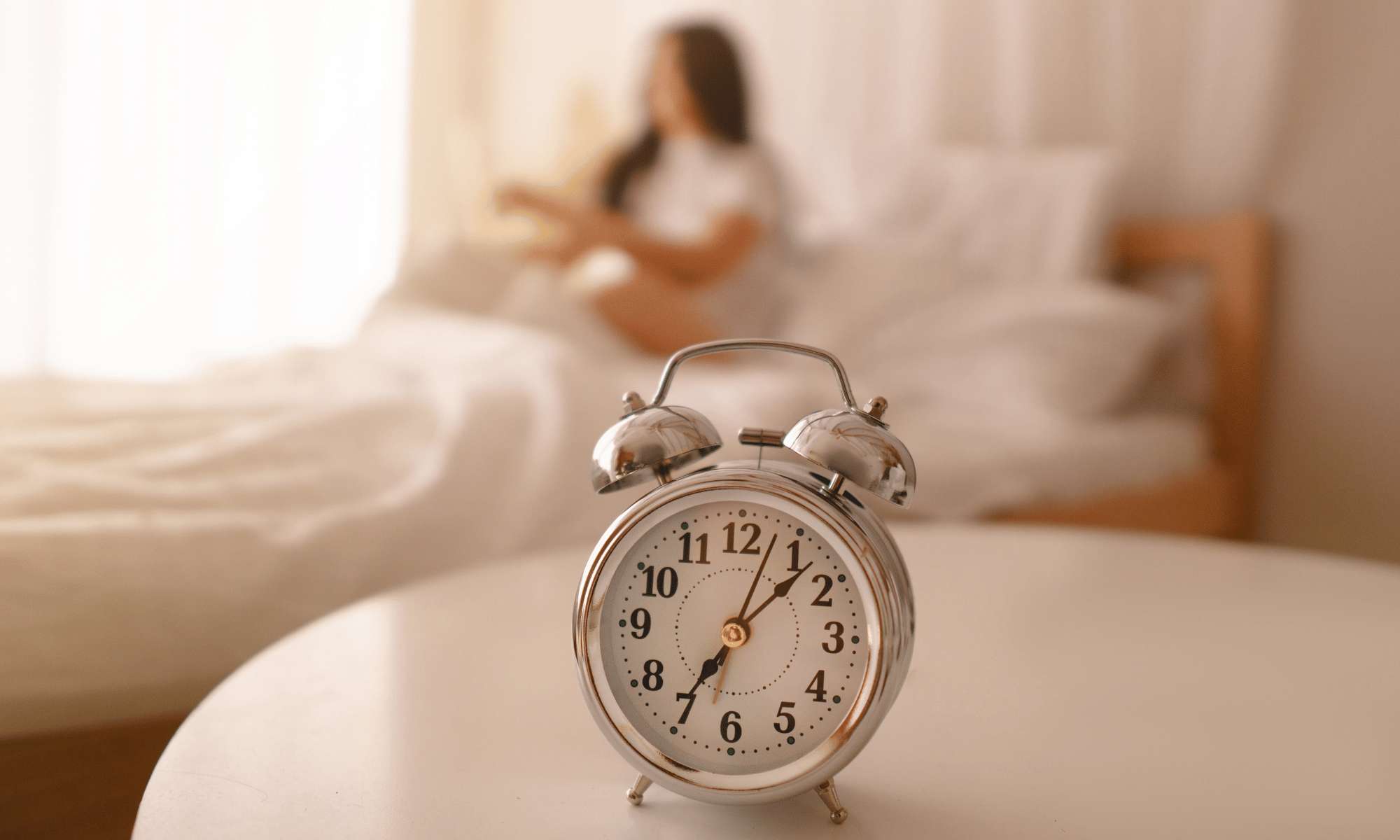
The Power of Routine: Creating Structure for ADHD Management
Living with ADHD (Attention-Deficit/Hyperactivity Disorder) often means navigating a world that can sometimes feel chaotic and overwhelming.
PARTNERS
Insurance & Pricing
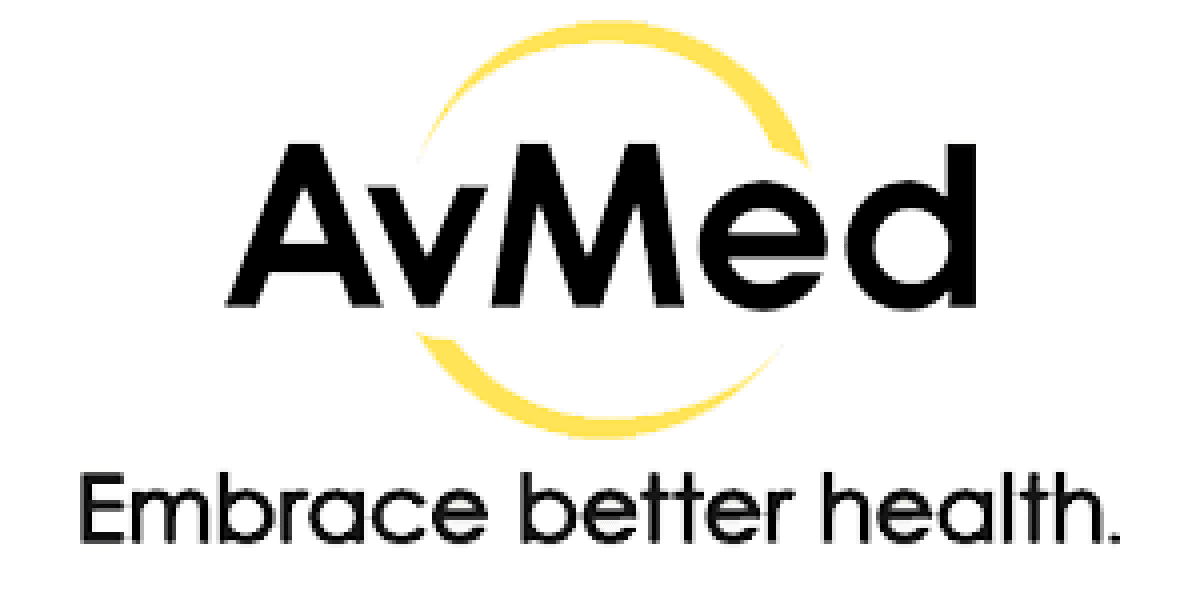
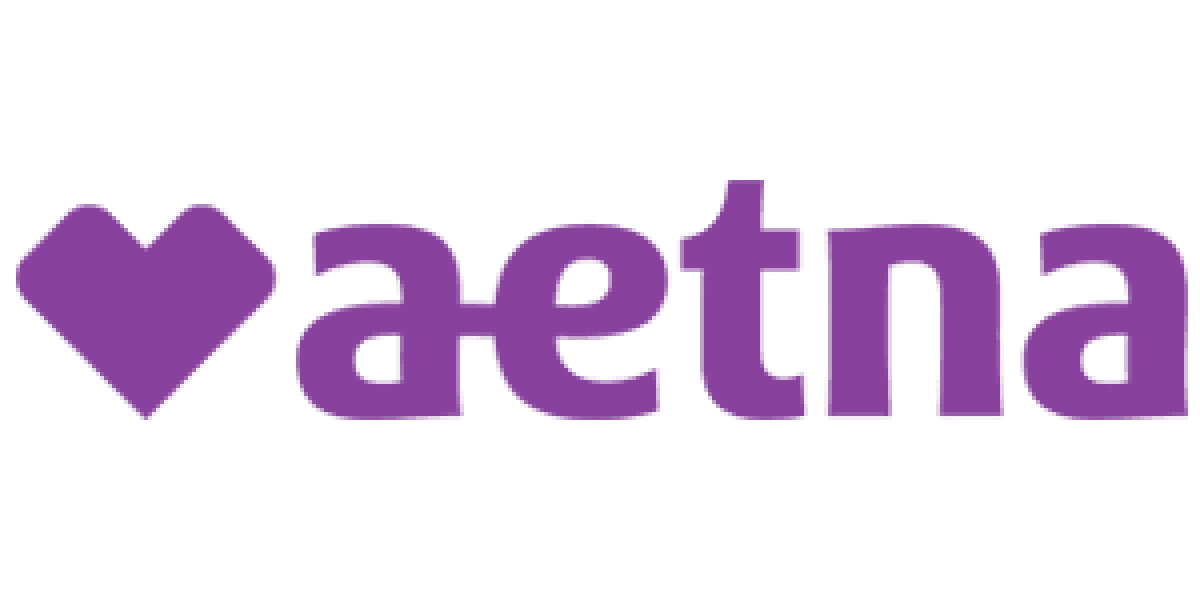
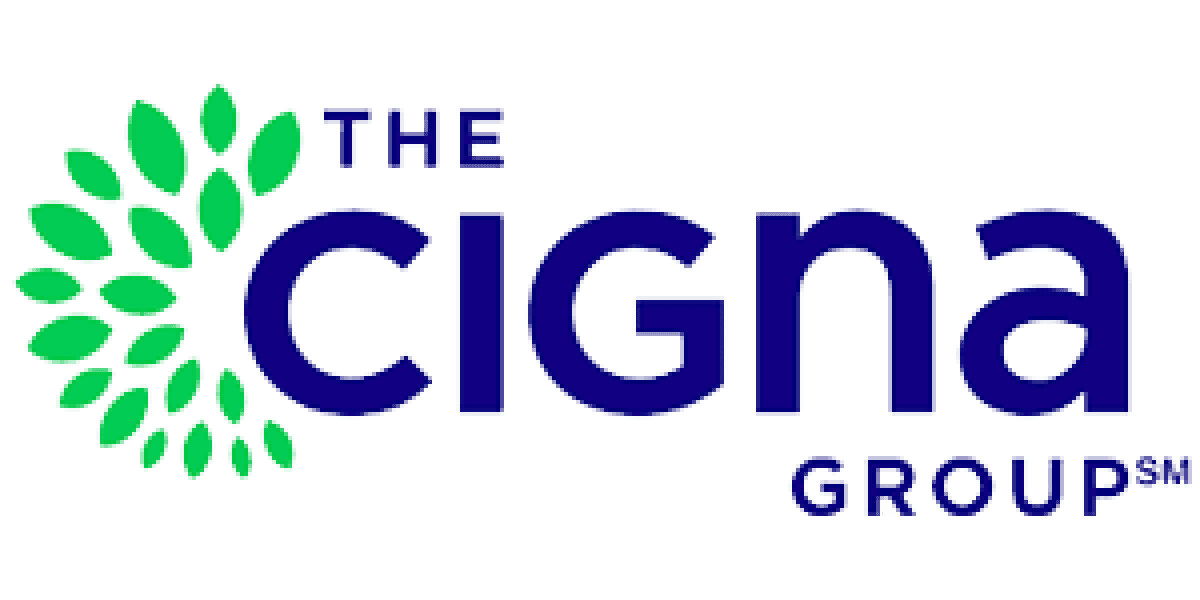
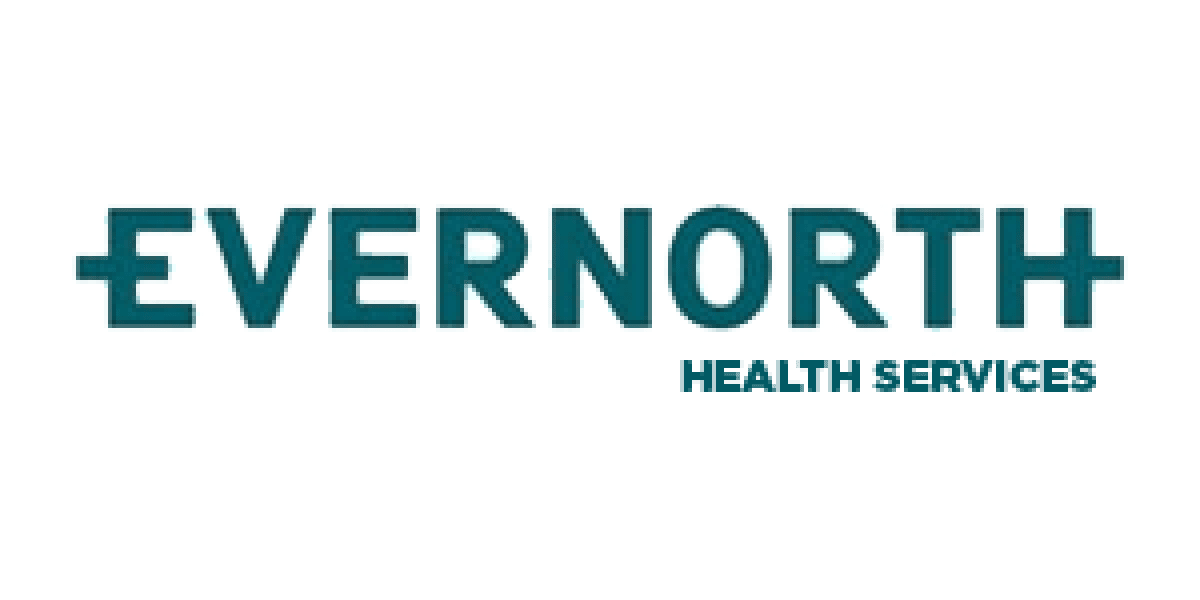



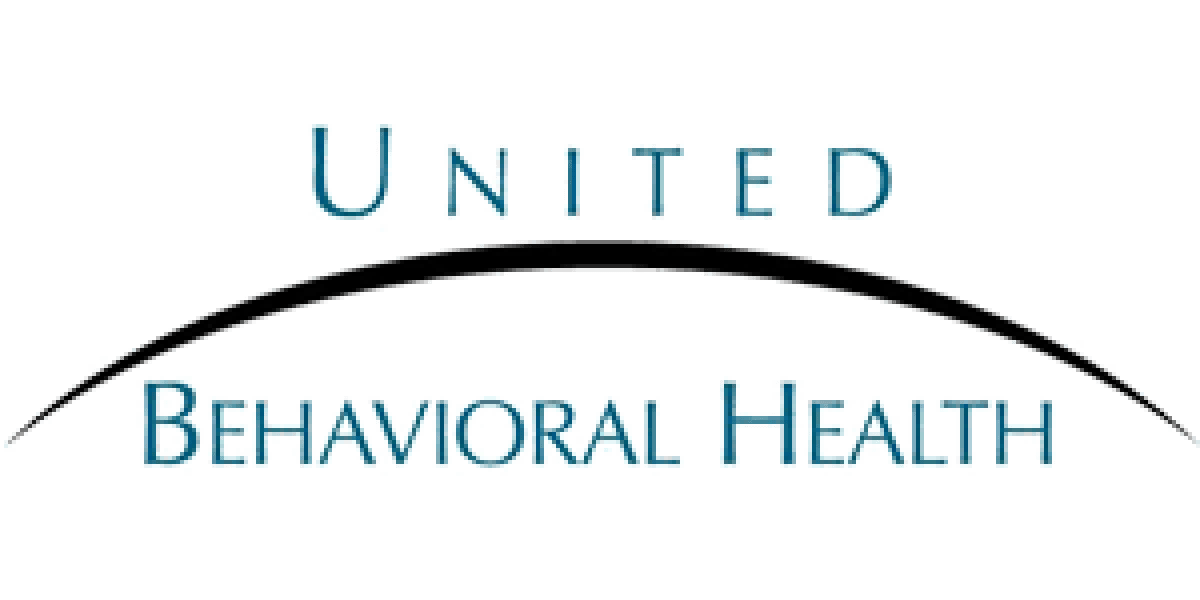
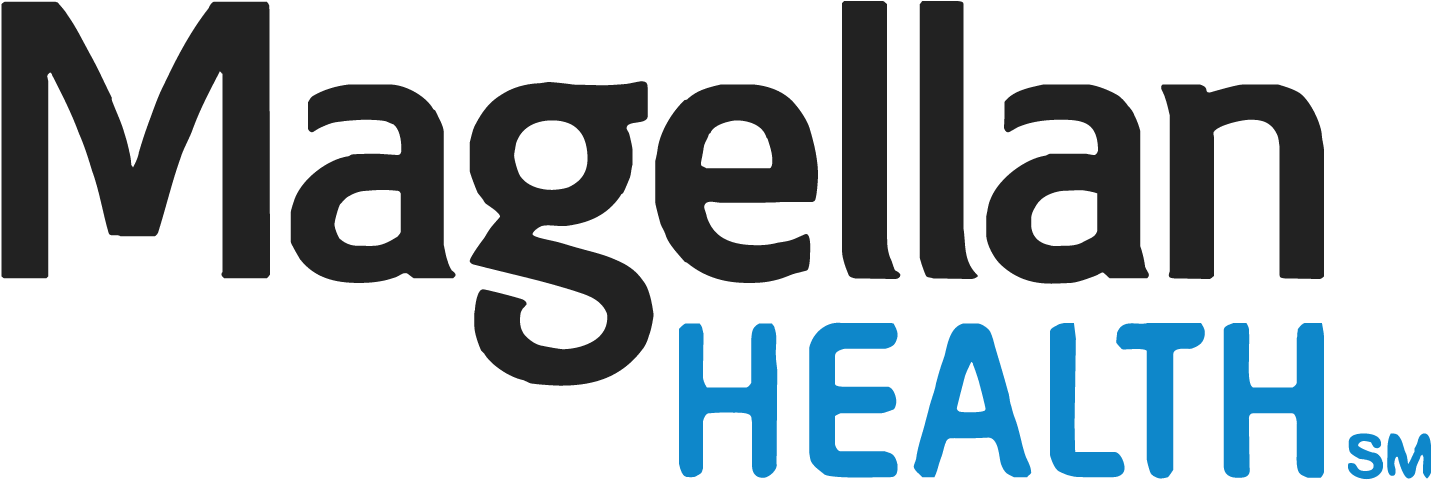
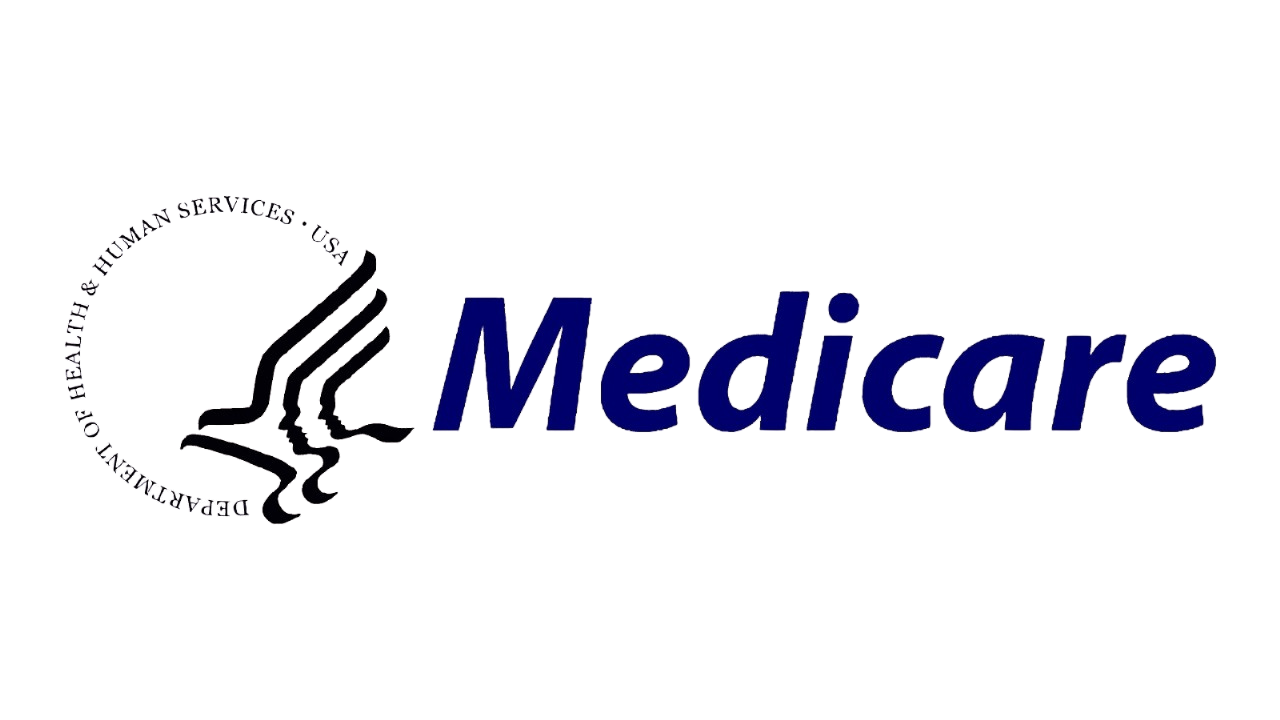
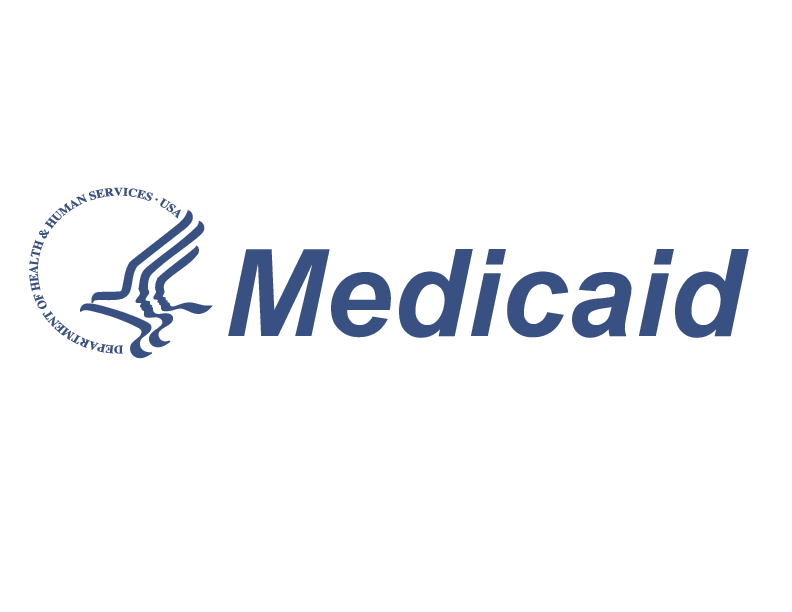
Ready to Begin Your Healing Journey?
Your path to wellness starts with a single step.
Book your appointment now and take control of your mental well-being.
Frequently Asked Questions
What kind of mental health care is provided?
Care includes psychiatric evaluations, medication management, psychotherapy, and integrative strategies designed to support emotional wellness, strengthen resilience, and address both symptoms and underlying concerns.
What makes this practice different from other mental-health providers?
The approach blends modern psychiatric care with holistic principles. Each patient receives thoughtful, unhurried attention in a supportive environment that values mind-body connection and long-term healing.
How does the treatment process usually begin?
Treatment typically starts with a 90-minute psychiatric evaluation. This session explores history, concerns, and goals, allowing the provider to create a personalized care plan.
How are treatment plans developed?
Plans emerge from a collaborative process. We consider individual strengths, challenges, lifestyle factors, and emotional needs to design care that feels realistic, personalized, and supportive.
What does it mean to take a holistic approach to mental health?
A holistic approach considers mind, body, and spirit, integrating therapy, lifestyle guidance, and emotional support rather than focusing only on symptoms.
How do I know which service fits my needs?
Exploring symptoms, goals, and preferred style of care helps clarify whether evaluation, therapy, medication support, or a combined approach is appropriate.
Is treatment offered in person or online?
Care is available in person in Royal Palm Beach, Florida and through telehealth for patients unable to come to the physical location, offering accessible and convenient care from home.
How are appointments booked?
Appointments are booked online through the website or Patient Portal , while new patients can start through Book a Free Consultation option.
What insurance and self-pay options are available?
The practice accepts many insurance plans and also supports private-pay visits. Fee details, insurance participation, and important billing information are listed on the Insurance & Pricing page.
What is the best way to contact the clinic?
Questions or requests can be sent by email to [email protected] or by calling (561) 801-6920, Monday–Friday, 8:00–18:00.

11327 Okeechobee Blvd, Royal Palm Beach, FL 33411.
We Work from Monday to Friday from 8.00 AM to 6.00 PM
Subscribe to Our Newsletter
Copyright © 2026 Elite Mindful Health. All Rights Reserved.